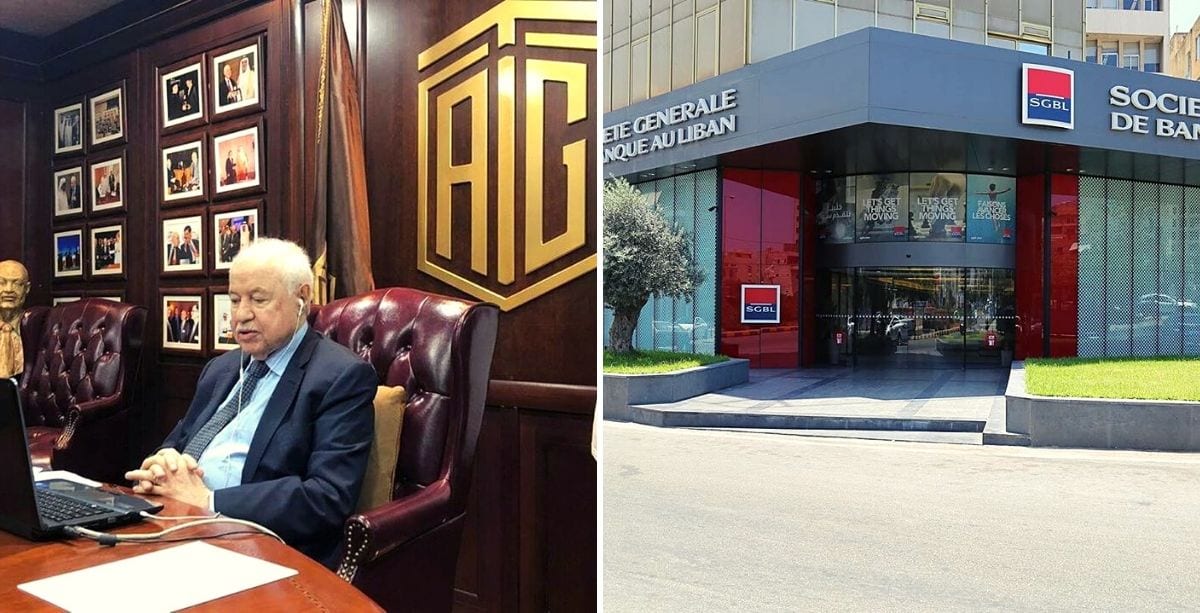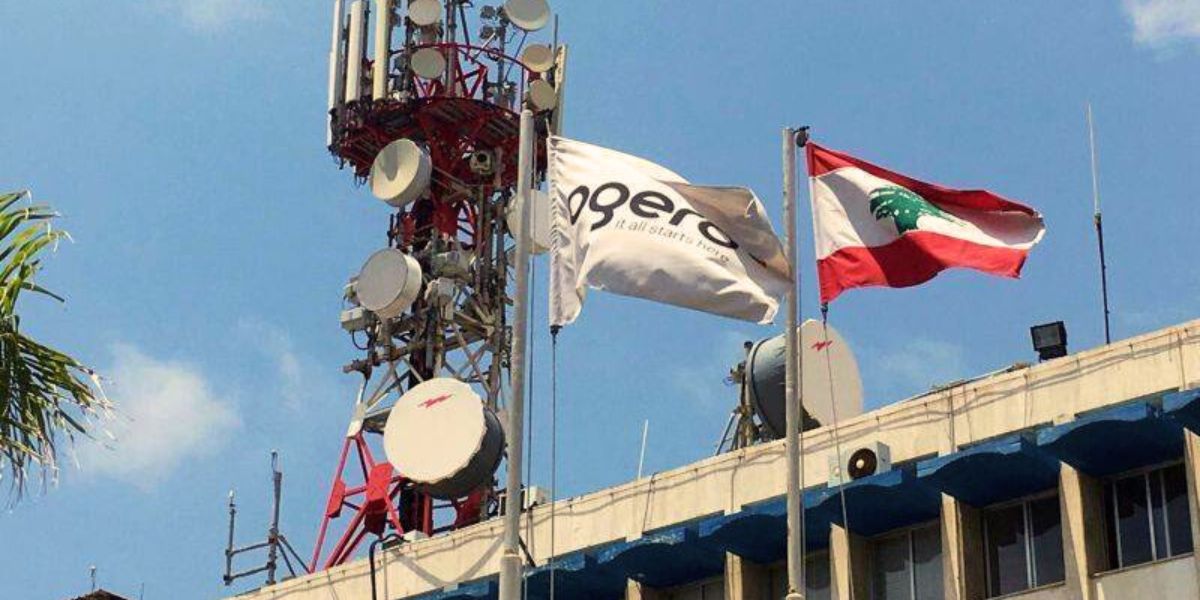Renowned Jordanian businessman Talal Abu-Ghazaleh sued Société Générale de Banque au Liban (SGBL) and its chairman for allegedly seizing millions of dollars of his company’s deposits, Al-Akhbar reported.
Abu-Ghazaleh accused the Lebanese bank of seizing his deposits, which he had transferred to Lebanon from his bank accounts abroad years ago.
The SGBL deposits, which belong to Talal Abu-Ghazaleh Global (TAG. Global), were $40 million as of 2019.
Abu-Ghazaleh agreed in 2014 with Antoun Sehnaoui, the chairman of the board of SGBL, to divide the sum into several deposits, most of which (term deposits) had fixed maturity dates on which they can be withdrawn.
In February 2020, a sum of around $23.3 million, interest included, matured.
However, when the businessman requested their transfer to his bank accounts in Amman, Jordan, the bank denied the request, citing the “exceptional circumstances” among other reasons.
In response, Abu-Ghazaleh sent the bank a warning issued by a notary, requesting once again that the matured deposits be moved to his Bank Audi account in Amman.
Nonetheless, the bank did not cooperate, even declining the depositor’s request for an account statement.
As a result, he filed a petition before the Judge of Urgent Matters in Beirut, requesting that the bank be ordered to provide the account statements.
The bank then complied, before informing Abu-Ghazaleh that its current policy restricts external transfers to amounts reserved for personal expenditures and that it is not legally or contractually obliged to conduct his requested transfer.
Furthermore, the bank informed him that the accounts carrying the deposits in question have been terminated and their amounts transformed into two checks that Abu-Ghazaleh may only cash in Lebanon.
Hence, Abu-Ghazaleh sued the bank, calling its actions “transgressional” and “illegal.”
It’s worth noting that the businessman is Jordanian and unable to travel to Lebanon due to the prevailing circumstances and that the bank has no legal right to force a depositor to take a check that can only be cashed in Lebanon.
In a recent statement, SGBL explained that Abu-Ghazaleh’s request for transferring money abroad contravenes “the laws and regulations in force.”
This includes “the regulatory frameworks established by the Banque du Liban and the directives issued by the Association of Banks in Lebanon in light of the exceptional conditions that Lebanon is going through,” the statement read.
The bank also denied that the case involves any fraud or seizure of funds and assured that it “has fulfilled its legal and contractual obligations towards the concerned client in full,” indicating the provision of the checks.

















